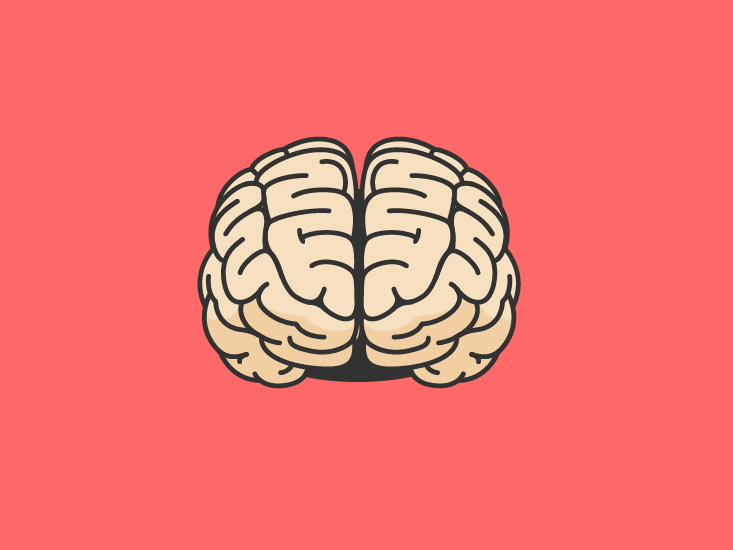Computation, according to Webster's Dictionary, is defined as "the action of mathematical calculation." But in the context of Professor Justice's Digital Media & Learning class at Texas State, computation revolves around how we perceive, alter, and learn from the world around us. To most of us this seems as mundane as breathing, but in fact it is an essential part of our lives, even more so for public educators. Computation is not only about learning about the world, but understanding the process and emotions that connect it to us. When a electrician is building a circuit, he understands the basic mechanics behind what makes a circuit operate. However, what strengthens the experience is the process of learning. Maybe he got frustrated and gave up halfway, or tried several different variations of circuits with little success. But in the end, it's not entirely important that he finally got it right, its the process of how he got there and his interactions with/reactions to the materials. This is the fundamental philosophy of computation: it's not about the end result, its about the process.
ARTT 2372 Weekly Blog
Sunday, April 26, 2020
Computation
As we near the end of the semester, I've been hearing a lot more of a particular word within the confines of this class: computation. Naturally, one would assume that it must have something to do with computers, and they would be right. However, this word has a much deeper meaning than just outlining how machines think, rather how we think.
Sunday, April 5, 2020
Finnegan
This is my new kitten Finnegan, I call him Finn for short. He is about five weeks old and is the most precious thing in my life right now. Besides, with the quarantine in effect and classes being instructed online, I have more than enough time to devote to taking care of him.
Dealing with a kitten is a lot like dealing with a baby, you have to see to their needs first, you need to spend adequate amounts of time with them, and you have to teach them what is acceptable and what isn't. In a way its a lot like being a teacher. Meaning that, part of the learning process is not only teaching them whats acceptable, but you're also learning when to step back and let them learn on their own. For instance, in the first few days that I had gotten Finn, I had him confined to my bathroom and slowly introduced him to my apartment (which fortunately isn't that big). He was used to using the litter box by then, but the main issue was Finn remembering where it was in correlation to the rest of the apartment. This resulted in him accidentally peeing on my bean chair in the living room. I didn't get angry, scream, or shout at him (I did freak out a little bit that he peed on my stuff), but scooped him up and placed him in the litter box. Through this interaction, I learned to keep a closer watch on Finn to see if he needed to go, and he learned that it was not okay to go in the living room.
The Learning Process goes both ways, affecting both teacher and student as they not only discover new things about understanding the world around them, but also how to understand each other as well. I believe the same can be said for me and Finn. I now understand that with cats you have to let them come to you on their own, rather than force it upon them. Cats aren't dogs, but they are just as funny.
Sunday, March 22, 2020
In the weeks before the COVID-19 outbreak closed down Texas State University campus, my class got together to show off our homemade toys from an activity we did called "Toy Take Apart." Essentially, we took apart a store-bought toy and rebuilt/modified toys using spare components, motors, crafts, and a little computer programming. From these we constructed brand new toys. The one I constructed had a bell function that activated a speaker box (which was the only mechanical part of my toy, which was very low tech to begin with).
My toy before and after...
This particular activity was intriguing for me, because it was not only insightful but also somewhat emotional. Dissecting the to wasn’t difficult to do, but whilst doing so I felt something I can only describe as guilt. Albeit mild guilt. Like a child who's forced to give up his favorite toy because he’s outgrown it. I mentioned this to my fellow classmates, who sympathized with what I was feeling. Seeing as I bought the toy myself, I believe I developed a form of sentimental attachment to it, even though I had only owned it for a day.
Regardless, the dissection itself proved simple enough, revealing the mechanics inside. The only “technical” aspect of my particular toy was a small speaker box. While some of my fellow classmates disassembled their toys in order to reprogram the circuit inside, I was hesitant to do so, for fear I would be unable to reassemble my speaker box. However, what I would want to learn in the future is how to successful reprogram and reconstruct a device with a modified program using Micro:bit.
In the end, once everyone had finished building their toys, showed them all off in class later that day. It was fun to see, even though it made me question what I was doing at the moment. I am looking forward to seeing everyone's upcoming impossible projects, and how they'll evolve as a result of the COVID-19 outbreak and quarantine.
Subscribe to:
Comments (Atom)









